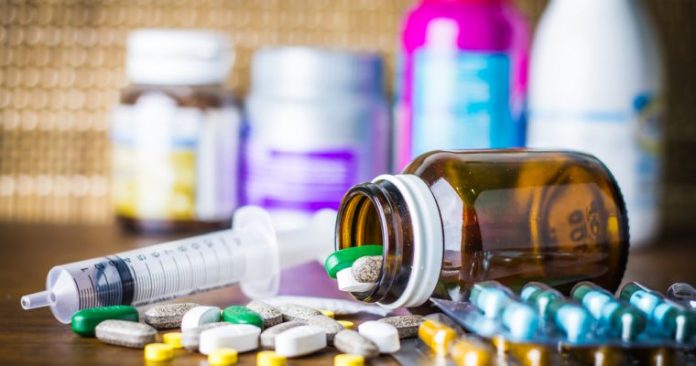Pakistan’s listed pharmaceutical sector reported a 3.1-fold increase in earnings, reaching Rs24.8 billion in the calendar year 2024. This significant rise in profitability is largely attributed to higher net sales and improved gross margins, according to a note by Topline Pakistan Research.
Net sales for the sector grew by 15% year-on-year, totaling Rs318 billion in 2024, primarily driven by an increase in drug prices.
In February 2024, the government approved the deregulation of non-essential drug prices, allowing pharmaceutical companies to raise prices without any caps, unlike the previous drug policy, which allowed increases in non-essential drugs based on the Consumer Price Index (CPI) but capped at 10%.
Meanwhile, prices for essential drugs remain capped at a formula tied to 70% of CPI growth, with a 7% cap.
Additionally, the Ministry of National Health Services, Regulations, and Coordination (NHSR&C) approved price hikes for 146 essential drugs on February 6, 2024, further boosting revenue.
These price increases, coupled with a decline in raw material prices for many drugs and the appreciation of the Pakistani Rupee, led to an improvement in gross margins, which rose from 26% in 2023 to 36% in 2024.
However, selling and administrative expenses increased by 14% and 15%, respectively, in line with inflation trends. Finance costs also rose by 1% year-on-year to Rs8.0 billion, despite a reduction in the average benchmark lending rate (KIBOR) from 21.6% in 2023 to 18.5% in 2024. This increase was due to higher borrowings.
As per brokerage firm’s note, the deregulation of non-essential drug prices is expected to further enhance the margins of pharmaceutical companies, particularly those with a higher proportion of non-essential products, as the full impact of these changes has yet to materialize.
Additionally, the decline in interest rates and expected reductions in borrowings by some companies may provide further support to profitability in 2025.




